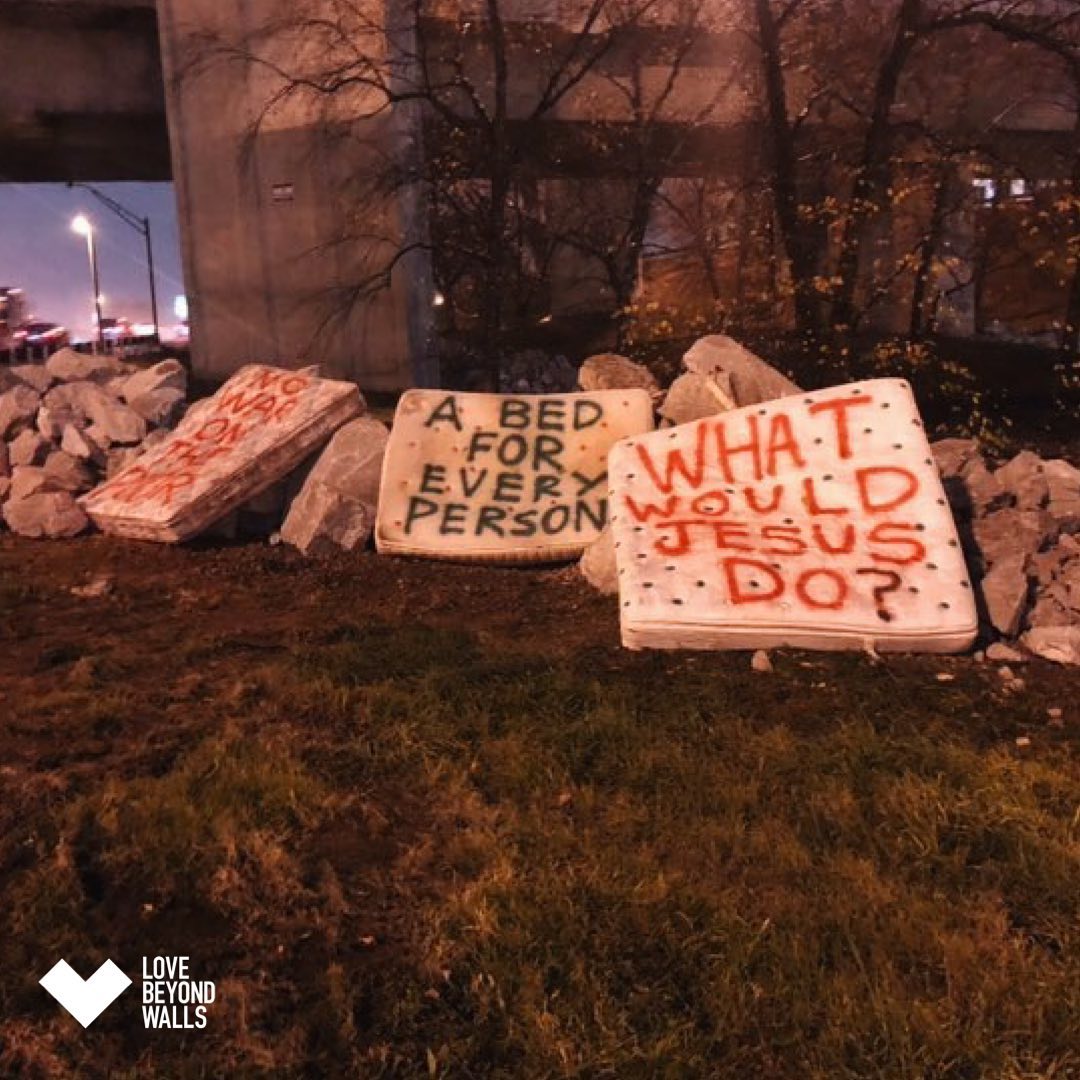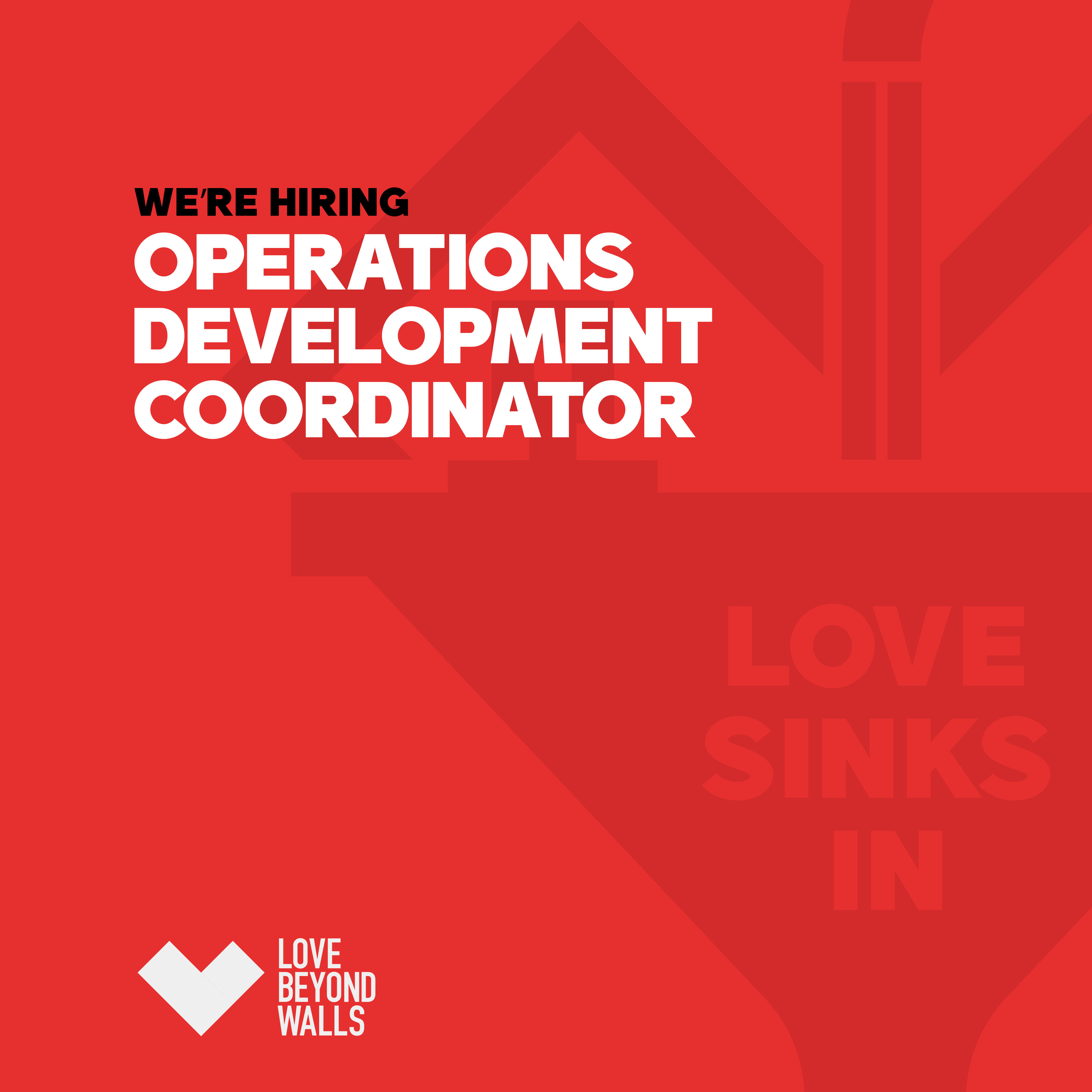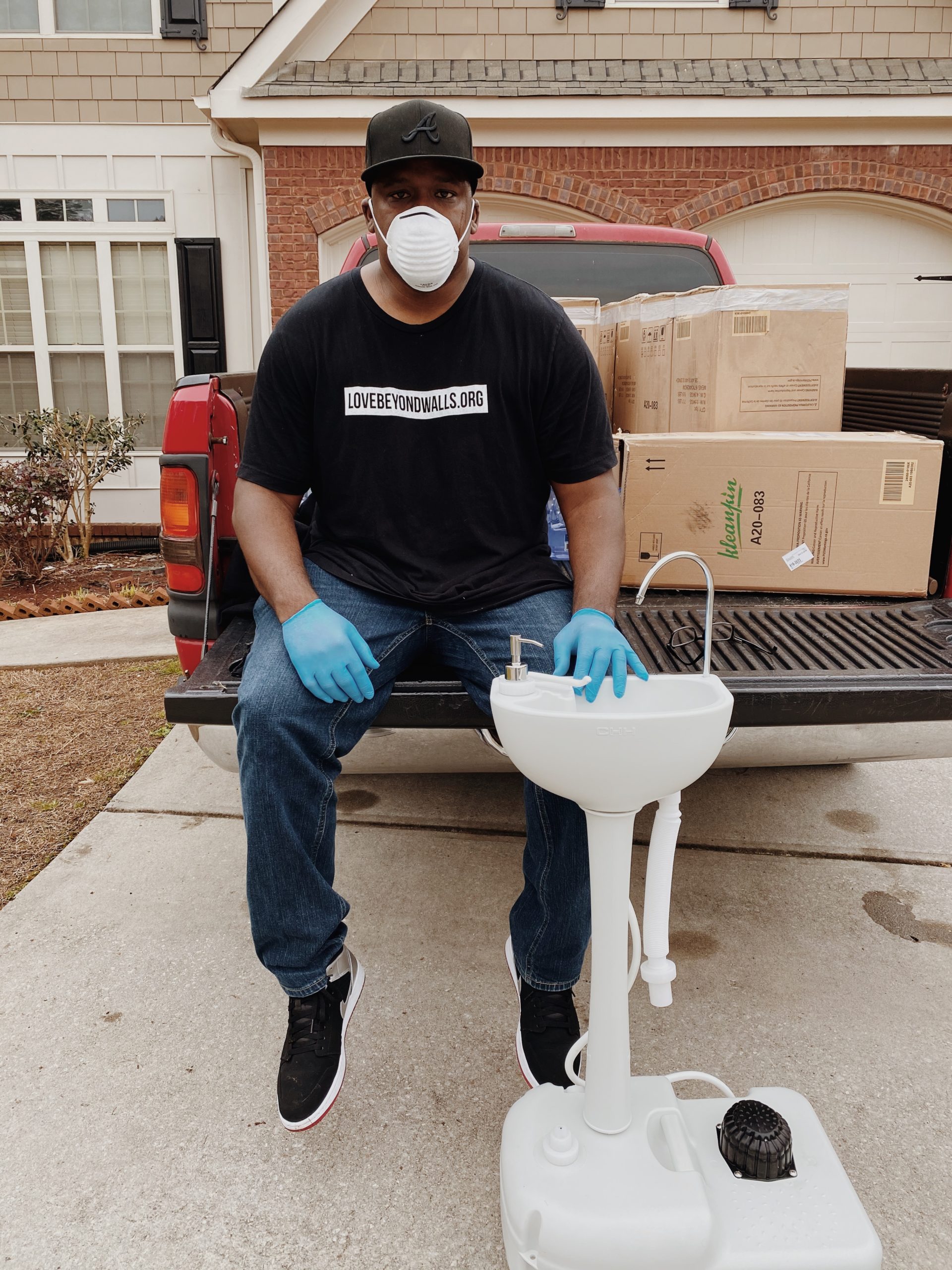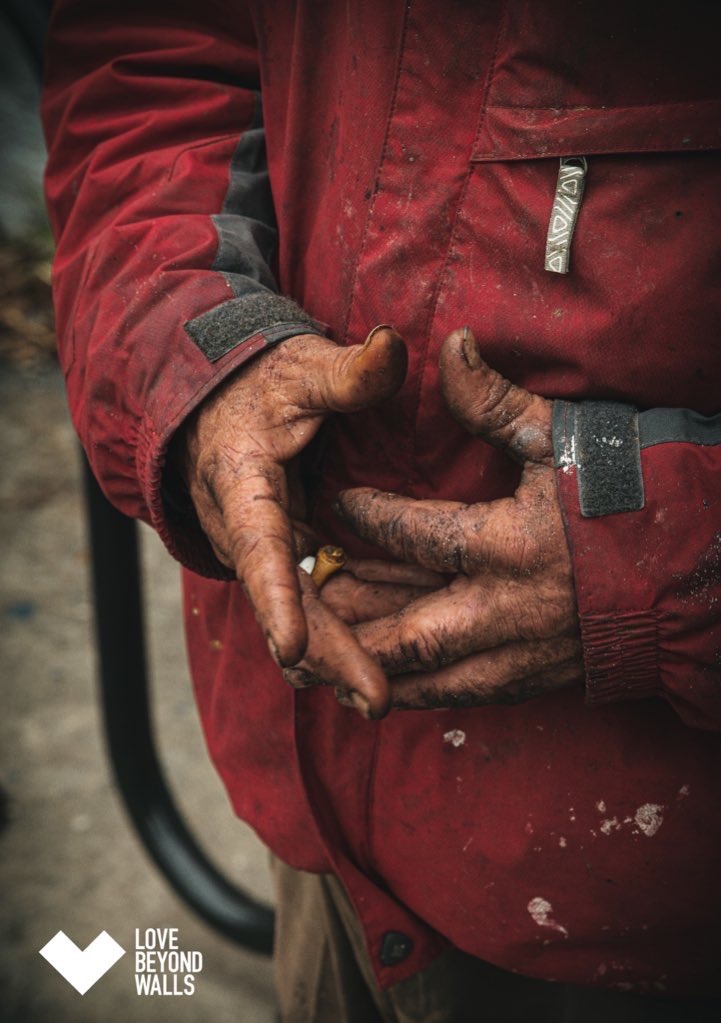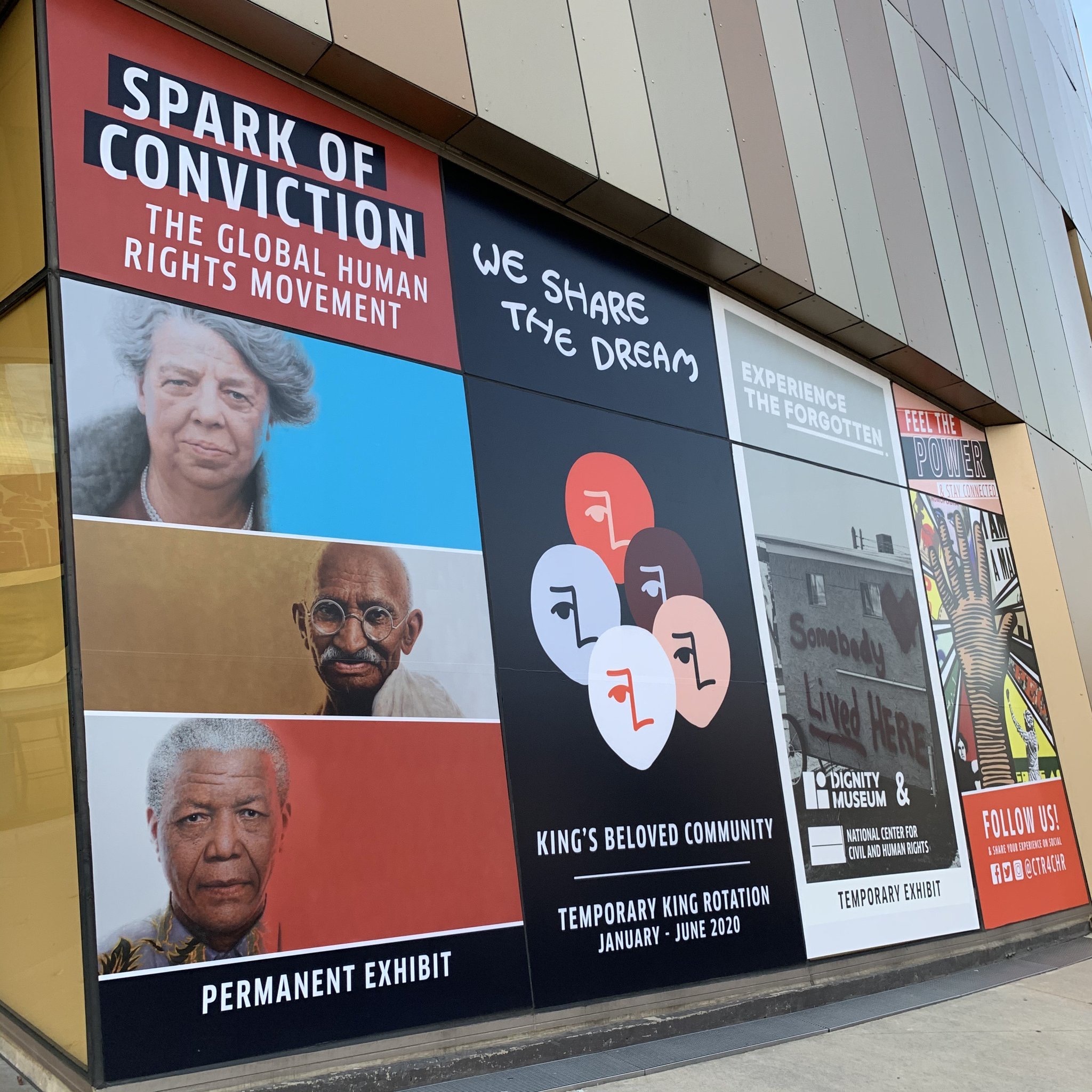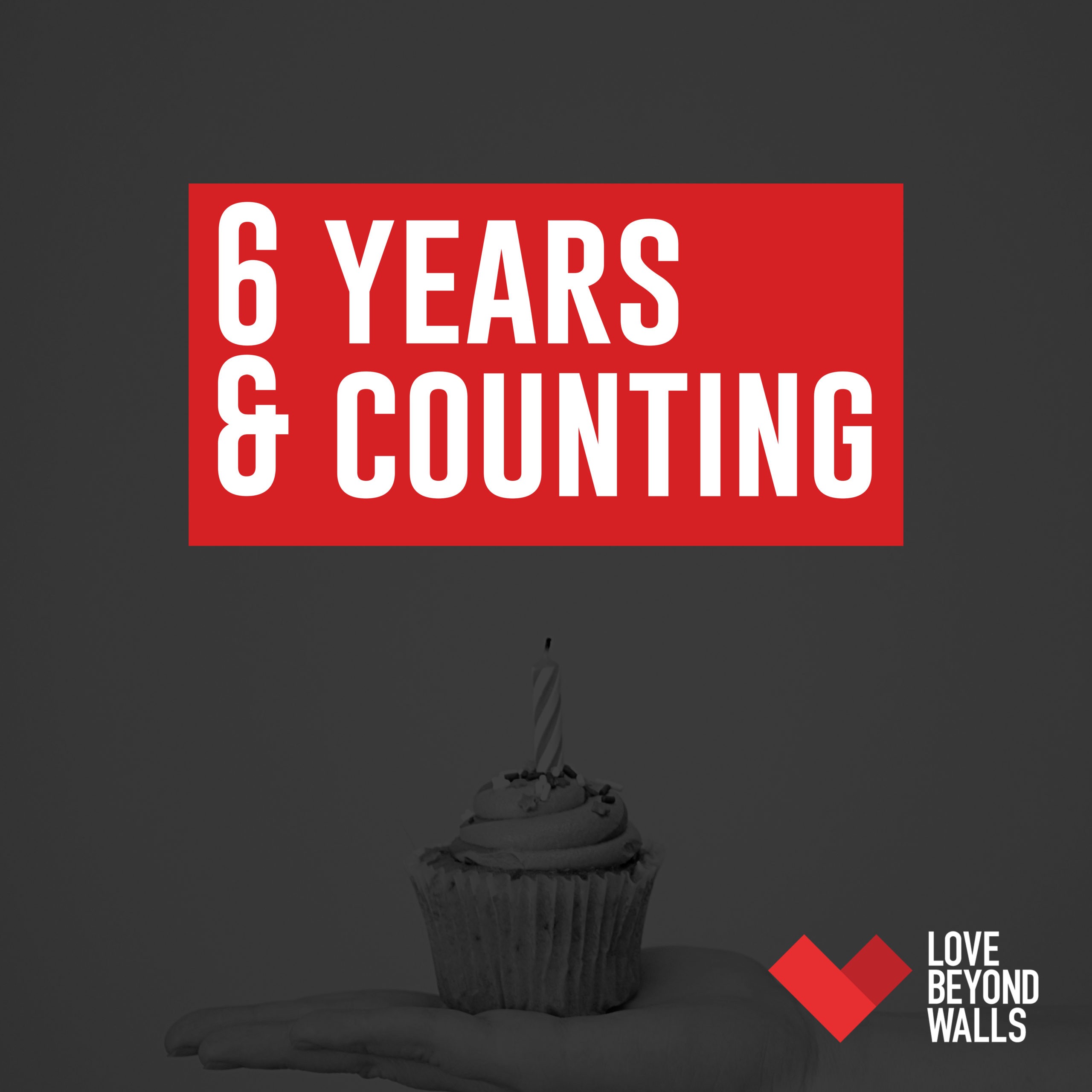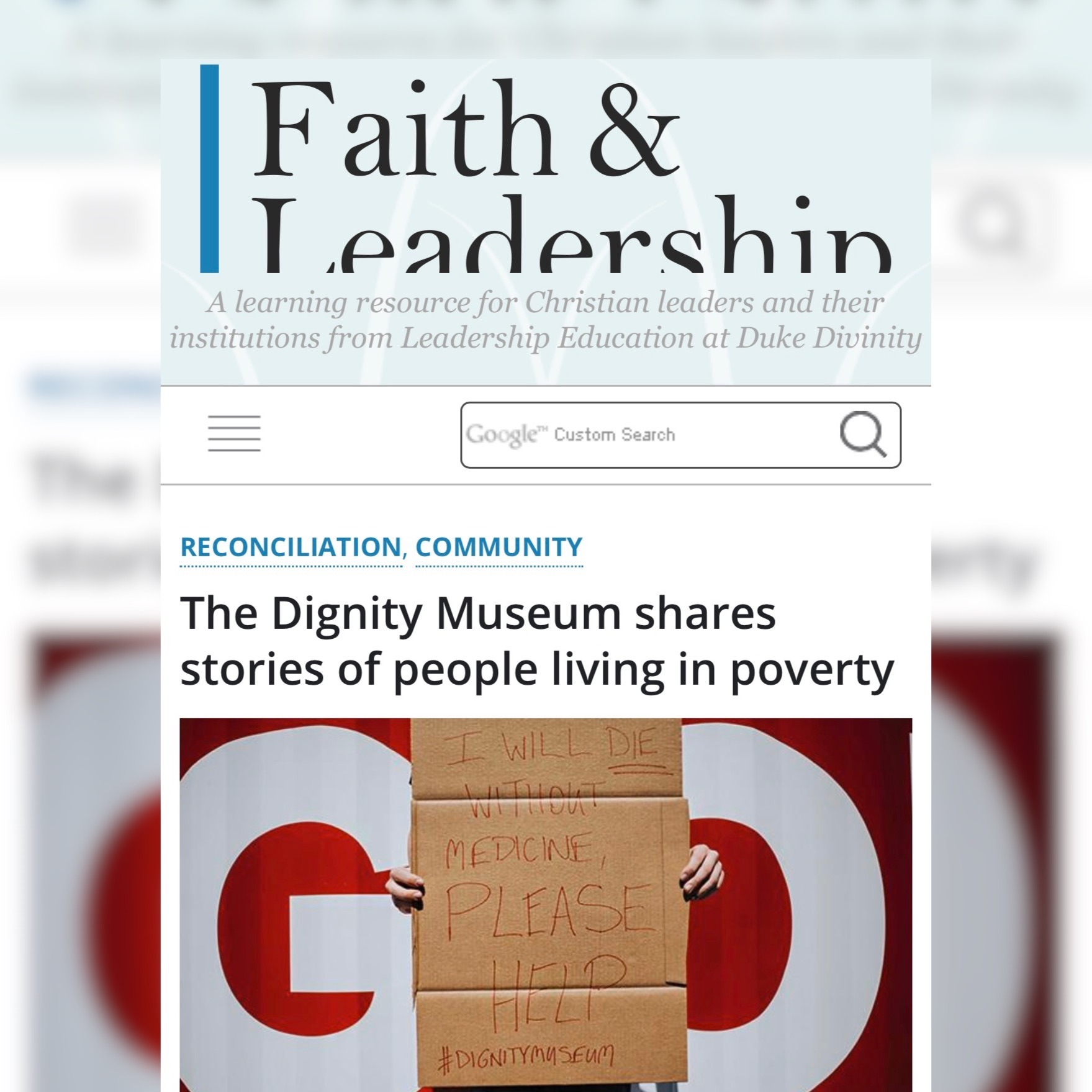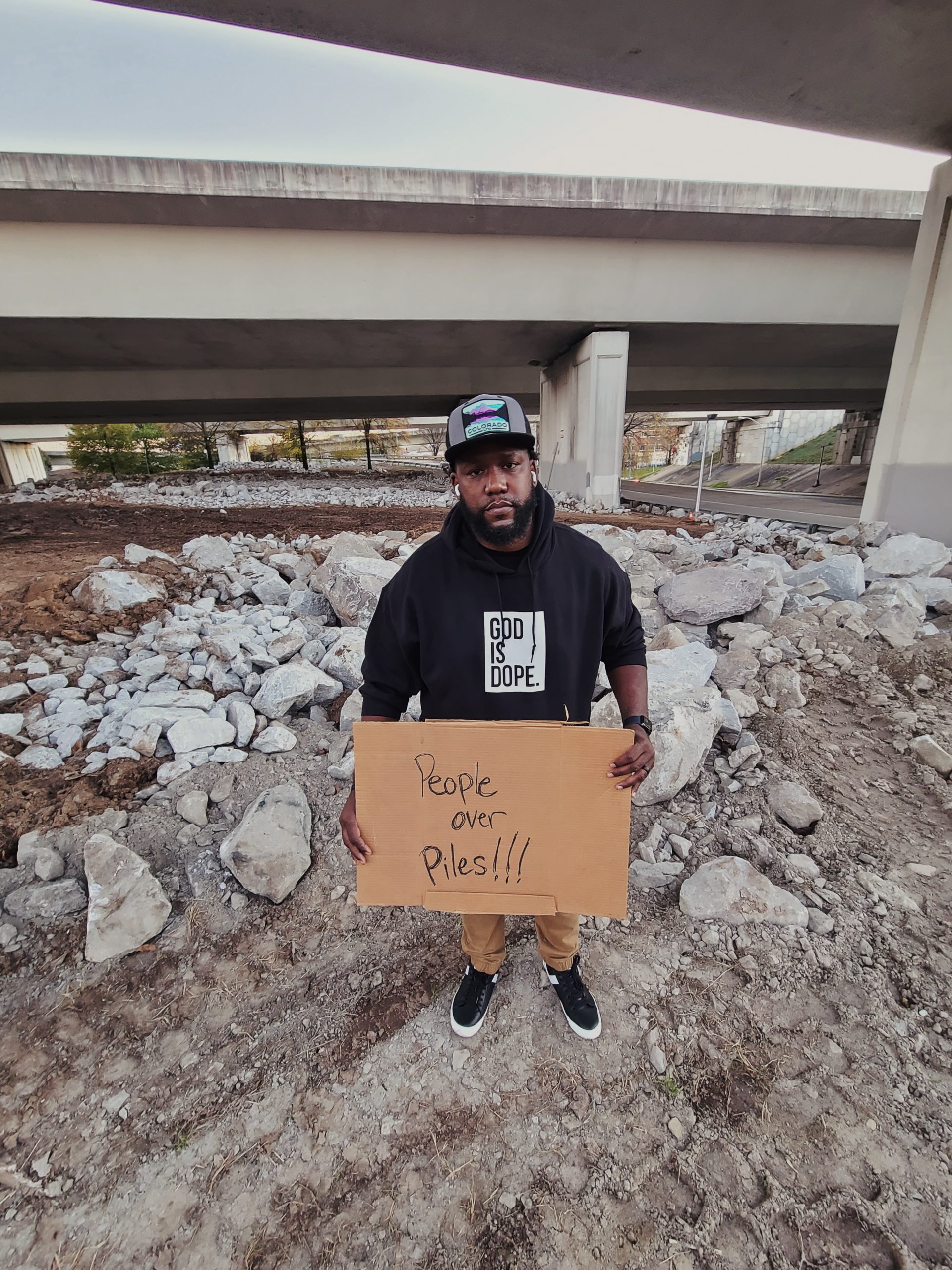
What breaks your heart?
If you have a heartbeat, you’ve experienced heartache.
Maybe it was a disappointment or a loss.
Maybe it was self-inflicted due to a bad decision.
Maybe it was the pain of a relationship.
Maybe, in this time of COVID-19, your heartbreak is more apparent than ever.
Or maybe you’re just trying to stay in your lane and survive – focusing on what you’re personally dealing with and trying to keep heartache at bay.
Whether constantly on your mind or pushed to the corners, we have all experienced heartbreak – we all know how it feels to go through a transition.
Most times when we think of heartbreak, we only think of it through a personal lens. So for the sake of this blog and for the pandemic, I would like for you to pause for a moment and consider another type of heartbreak.
Let’s look at it from a different viewpoint.
Let me ask you again.
When you look out into the world during this time, what breaks your heart?
Is it the death toll? Is it the strain on medical professionals? Is it people being kept from their loved ones? Is it loneliness? Is it small businesses everywhere closing and countless people losing their jobs?
It may be one of those, it may be all of them. But what about homelessness? Not just in general but especially at a time like this. Homelessness is an ongoing crisis in our country that is magnified in the current state. And, over the last few decades, the criminalization of homelessness has grown. There are cities that have created laws and ordinances forbidding things like food sharing, sleeping in public places, standing in public places, and even carrying multiple bags at once.
To not have an address also means to be viewed through a lens of disdain and contempt.
Imagine having the fears we all feel on top of not having a home to self-isolate in, or not knowing where your next meal or a safe place to sleep will come from in 30-degree weather.
Imagine having no place to wash your hands or access to a mask for safety.
It breaks my heart to know that cities all around our country have used ‘hostile architecture’ to deter, exclude, and displace people without an address. If you are unaware of what hostile or anti-homeless architecture is, it is a form of architectural design to maintain order. The strategy uses the built environment to discourage people from experiencing homelessness from using public spaces for activities that they were not intended to be used for. We have seen designs where developers have added spikes, benches with bars, and even large rocks or boulders to deter people without homes. There was even a city in Florida that blasted the ‘Shark’ song loudly in a park to prevent sleep.
It is not only cruel, it is cold and lacks empathy for our neighbor. I have said it time and time again. Just because a person does not have an address does not mean that they aren’t our neighbor.
In fact,
On August 6, 2016, the Department of Justice ruled it unconstitutional to prohibit people experiencing homelessness to perform life-sustaining activities when a person has nowhere to go. The brief reads,
“It should be uncontroversial that punishing conduct that is a universal and unavoidable consequence of being human violates the Eighth Amendment. . . Sleeping is a life-sustaining activity—i.e., it must occur at some time in some place. If a person literally has nowhere else to go, then enforcement of the anti-camping ordinance against that person criminalizes her for being homeless.”
When we deny people experiencing homelessness the right to exist and survive, we threaten and violate their human rights and dehumanize them. Hostile architecture, displacement, and exclusion must stop, and we must protect the whole community – address or not.
Recently, GDOT placed ‘hostile architecture’ underneath a bridge in the heart of the city. This breaks my heart. Why? Because thousands of tax dollars were spent to deter people from living underneath the bridge. Words like heartless, cruel, and even spiteful come to mind when I think about the number of people that have been displaced.
Do I want people to live underneath a bridge forever? No. My heart’s goal is to see people value those living on the streets enough to launch campaigns and political strategies to end homelessness. But, at the moment, I do not think it is wise, ethical, or moral to trash people’s items and displace them for practicing a way to survive.
What would you do if you had nowhere to go? How would you weather the cold or feel safe to look for your next place of rest?
There has been a bed shortage in shelters all around the country long before covid-19, and as one researcher suggests that number will increase in 2021.
The heart of Love Beyond Walls is to ensure that people living on the streets have access to the same basic necessities that everyday people have access to.
In times like these, I am reminded of the words MLK wrote:
“In a real sense, all life is interrelated. All men are caught in an inescapable network of mutuality, tied in a single garment of destiny. Whatever affects one directly, affects all indirectly. I can never be what I ought to be until you are what you ought to be, and you can never be what you ought to be until I am what I ought to be…This is the interrelated structure of reality.”
—Letter from Birmingham Jail
But how often are we aware that whatever affects one directly, affects all indirectly?
During this pandemic, the most marginalized communities are affected on a deeper level than before, and often times displaced and criminalized more.
We are all tied in that single garment of destiny. What affects our vulnerable brothers and sisters, affects us all.
Therefore, I want to apologize to the community of people that constantly feels invisible and forgotten: whose circumstances have only been exacerbated by current world events and have experienced further dissociation and neglect during the time of COVID-19.
So here goes:
Today, I want to apologize to you if you’re experiencing homelessness and have been judged, overlooked, walked by, and abused by the words of people who have never walked in your shoes.
I apologize that you feel alone and like no one has been there for you during a pandemic that has claimed the lives of thousands.
I apologize for ‘hostile architecture’ and exclusionary practices.
I apologize that shelters where you regularly seek assistance have had to be limited or shut down.
I apologize that we live in a society that looks down on you and deprives you of basic necessities like a bed or sink to wash your hands – especially during a pandemic.
I apologize that you have had to endure social isolation in a magnified way.
I apologize for every single time you reached out and literally got nothing in return.
I apologize that now, more than ever, people are less giving of their resources, human interaction and warmth.
I apologize when people look at you on the side of the road, they lock their doors and ride by.
I apologize that you find yourself isolated, and are unable to trust the outside world.
I apologize that we have overlooked your traumas and judged you when you developed mental health issues and used substances to cope with life.
I apologize for the induced trauma this collective experience will have on you and that there are little to no resources to help you process your trauma.
I apologize that some of us haven’t displayed the same love towards you that we want from God.
I apologize that during this time, especially, some people have shut the world out, leaving you behind.
I apologize that you weren’t given an ample supply of gloves, hand sanitizer, and masks to protect yourself each day.
I apologize that you have to sometimes sleep outside when there are abandoned buildings all around you that could help you – especially since so many hotels are completely vacant.
I apologize that people are hoarding food and toiletries while you may not have eaten in days.
I apologize that the guidelines for staying safe in this crisis immediately exclude you due to your current living situation.
I apologize that large corporations are getting massive bailouts while you can’t even get a hand up.
I apologize we haven’t made you a priority in our country and I apologize if you served in our country but are still struggling to find benefits and housing.
I apologize that we weren’t willing to put in the time, money, and effort for standardized COVID-19 testing for all, including you.
I apologize that just because you don’t have 4 walls to your name, our government makes it all too difficult for you to cast your vote and your voice to be heard.
I apologize that we haven’t allowed your plights to break our hearts to the point where we rise up and say enough is enough.
I apologize and I want you to know that I love you, and there are many others like me out here that love you.
I love you for being brave enough to weather your hardships sometimes with a smile and faith.
I admire you for having the courage to weather poverty especially in the face of COVID-19, with deferred hope.
Today, I am thinking about you and want you to know my heart breaks for this plight. I will continue to fight on your behalf and do all I can to help keep you safe.
This is my apology.
Your friend,
Terence Lester, Founder of Love Beyond Walls
